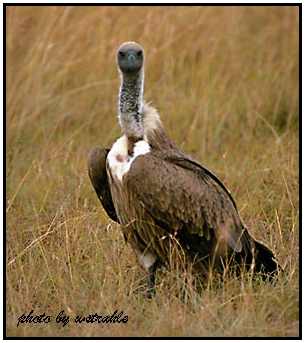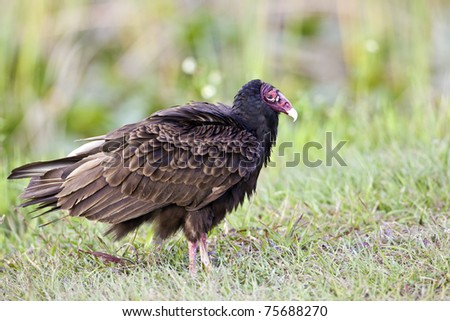My husband sees vultures circling as and says "uh-oh, something is dead or dying"
why? Do vultures have that great of smell that they can smell a dead rabbit clear up in the air? And if it is dead? why are they circling it instead of eating it? And can vultures really tell when something is about to die?
I say they are just surfing air currents.
why? Do vultures have that great of smell that they can smell a dead rabbit clear up in the air? And if it is dead? why are they circling it instead of eating it? And can vultures really tell when something is about to die?
I say they are just surfing air currents.





